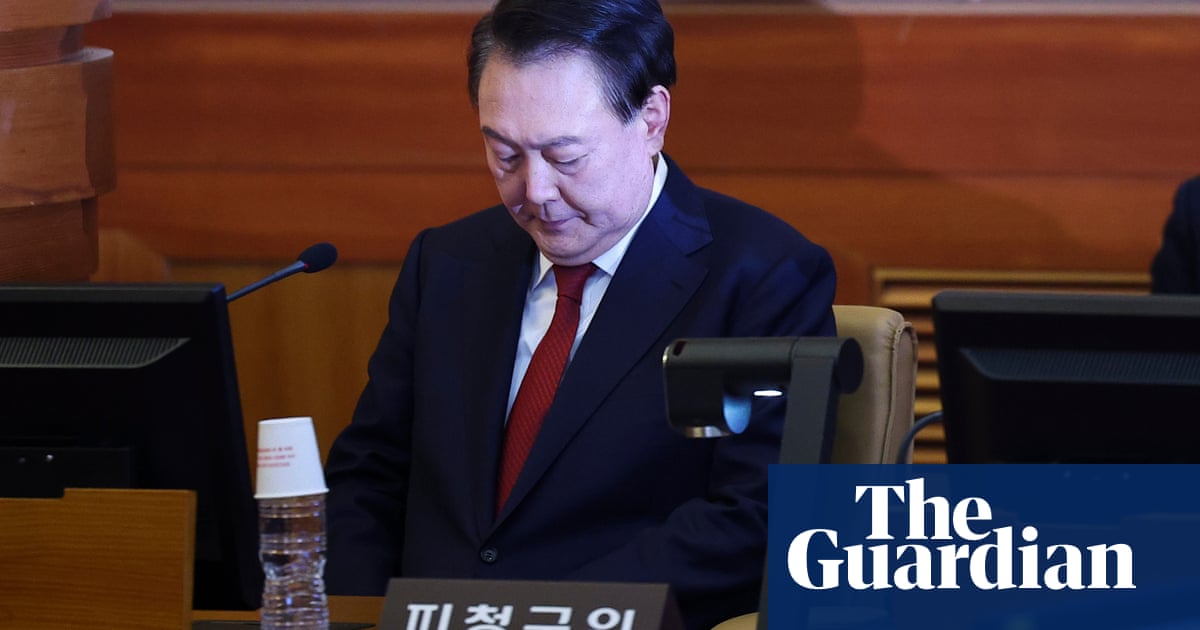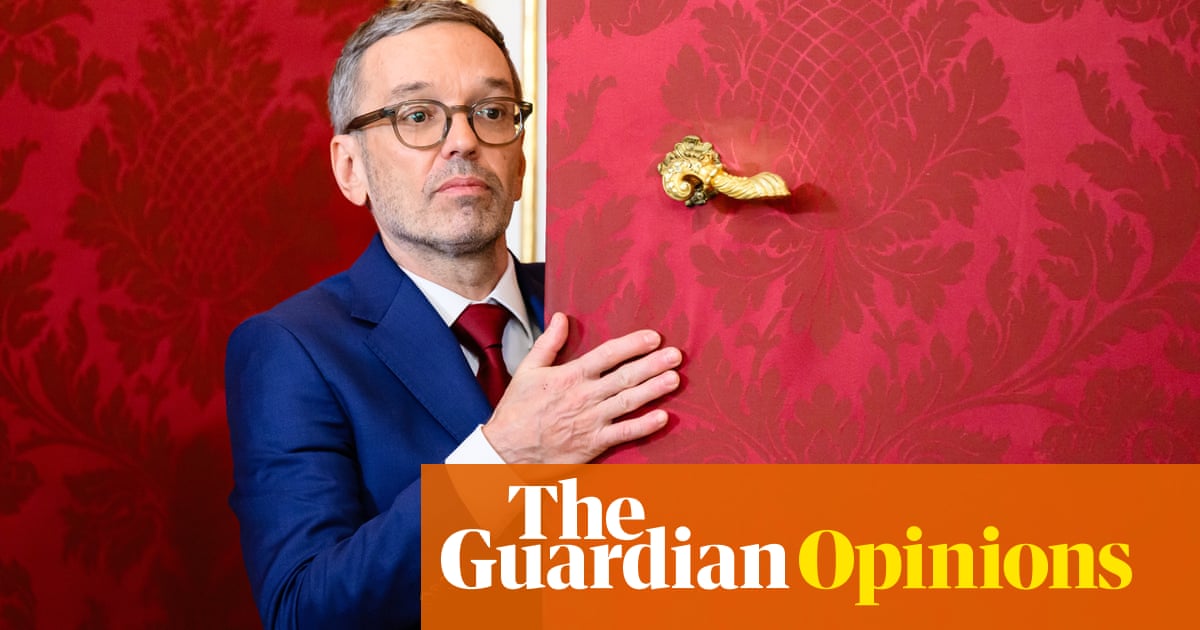Last Christmas, the Sinaloa cartel made a show of sending branded gifts to children’s hospitals. This year, a bloody war between rival factions of Mexico’s notorious drug mafia has cast a shadow over the holiday, leaving Culiacán’s Christmas fair nearly empty, and the city silent at night.
Sinaloa has always had a complex relationship with its narcos, who portray themselves as generous bandits with a code of conduct. But as the war enters a fourth month, with more than a thousand dead or disappeared, the myth of the good narco is wearing thin.
The conflict was triggered by the arrest of two of Mexico’s most powerful crime bosses in El Paso, Texas. Ismael “El Mayo” Zambada, who founded the Sinaloa cartel with Joaquín “El Chapo” Guzmán, was detained along with one of Guzmán’s sons after a small plane touched down in the US.
El Mayo accused El Chapo’s son of betraying and delivering him to US authorities. Now a faction led by El Mayo’s son is waging war against another led by the two sons of El Chapo who remain free in Mexico.
The unpredictable and sometimes spectacular violence has suspended normal life, and prompted reflection in Sinaloa about its relationship with its narcos.
One argument heard in Culiacán is that the old guard – figures such as El Chapo and El Mayo – had rules: they provided handouts, certain services, a kind of law. And they left the innocent out of it.
But El Chapo and El Mayo are now in US prisons. And their sons – a new generation of narcos who grew up rich – are different.
Locals point to 17 October 2019 as the moment this became clear.
When Mexican authorities arrested Ovidio Guzmán, one of El Chapo’s sons, his sicarios seized the city for 24 hours, shooting it out with security forces and killing three civilians. The government released Guzmán within hours.
“The unwritten pact to not touch the citizenry, the innocent, was shattered,” said Miguel Calderón, coordinator of the State Council on Public Security, an NGO.
The prolonged intensity of the current war has confirmed it.
Along the train tracks in Culiacán, where hundreds of displaced families live in makeshift cabins, one man, who asked to remain anonymous, said he used to hear his parents and grandparents talk about the old guard with respect.
“El Chapo and El Mayo used to say, women and children, innocent people – they’re not to be touched. But now they’re forcibly recruiting people who don’t even know how to use a gun, even kids.”
“Before, there was more respect for the life of ordinary people,” he said, bitter but resigned. “Now they just want to win their war, no matter what.”
In another neighbourhood, where a block had been cordoned off as soldiers prepared to raid a safe house, a group of women said that some boys used to hang around smoking weed, but disappeared 10 days ago.
The women – all mothers – began talking about the sons of friends and relatives who had turned up dead.
“There’s no such thing as a good narco,” interjected one of them, adding that her son was addicted to drugs. “How can you give me a handout when you’re poisoning my child?”
“They should go to the countryside, kill each other there, and leave us in peace,” she said, while the others murmured their agreement.
“Today I sense an anger, a demand that this time once and for all it is made clear that the public enemy No 1 is crime,” said Calderón.
“Before, it wasn’t so clear,” he added. “El Chapo would deliver food parcels at Christmas, or El Mayo would fix a school, and they would throw a party. It was a kind of marketing to get close to the community. After this I don’t think it will be so easy.”
Still, the new generation hasn’t given up on it. Besides the bloodshed, there’s a parallel propaganda war to claim the mantle of the good narco.
Near the Christmas fair, a man said a small plane had flown overhead dropping pamphlets, and that El Mayo’s faction had come around to hand out business cards with a number, telling them to call it if anyone tried to extort them.
He started reminiscing about the good old days, before extortion was such a thing –then laughed.
“There’s no way I’m actually going to call the number.”

 4 weeks ago
20
4 weeks ago
20













































